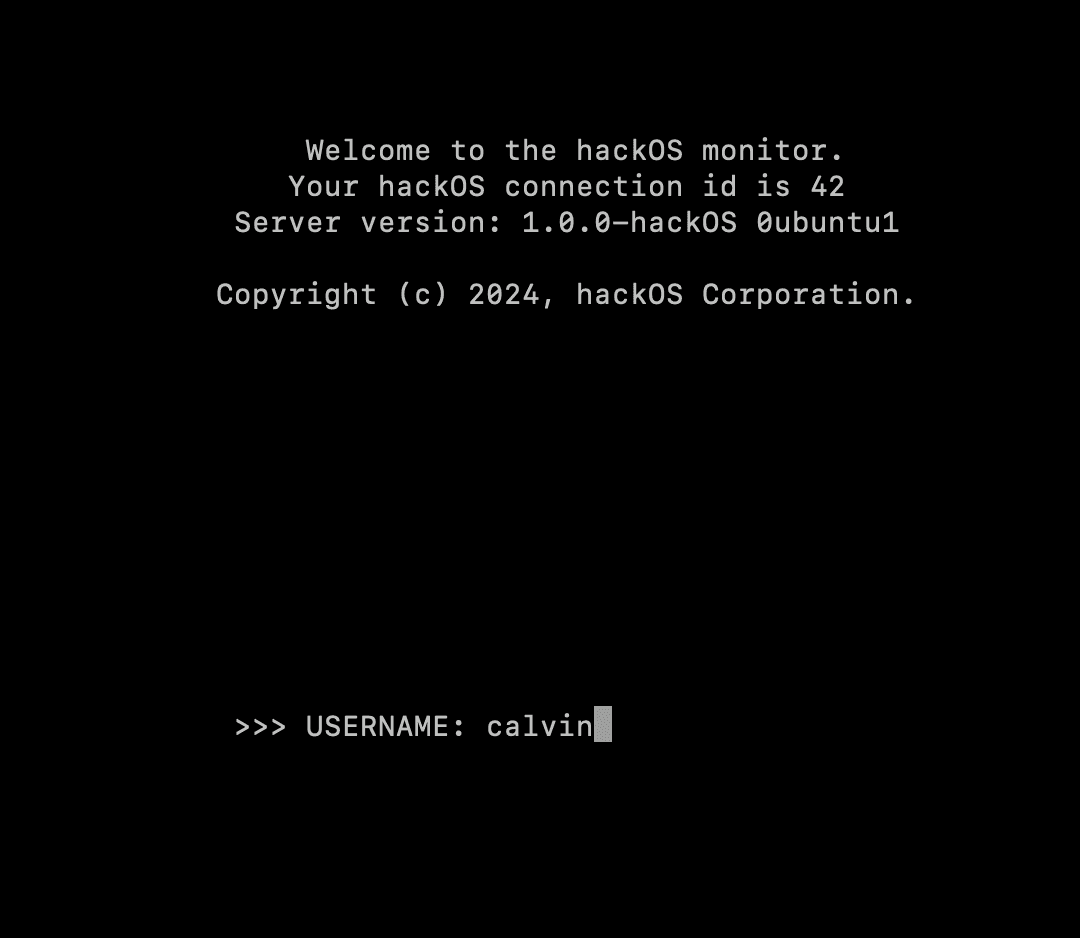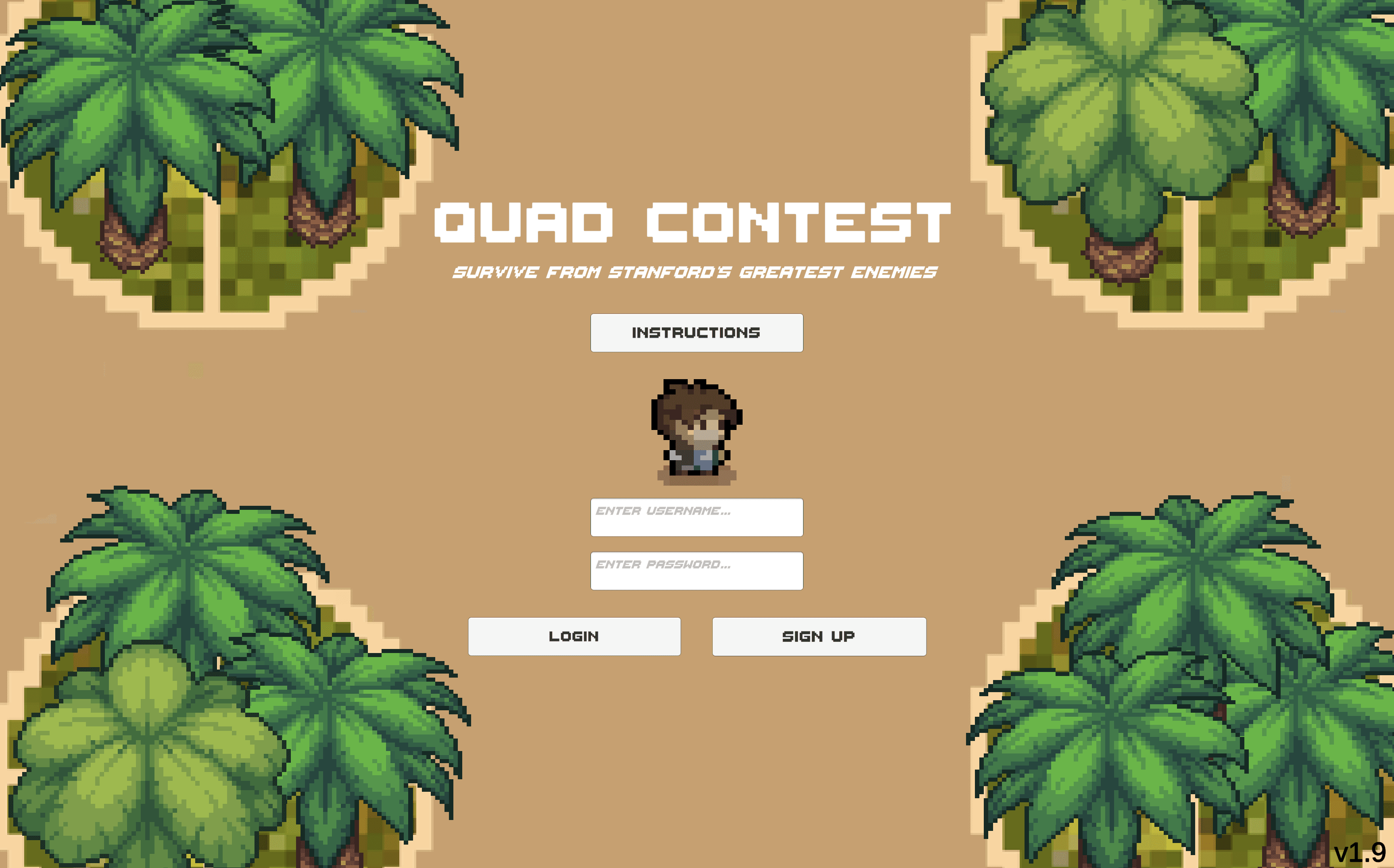Calvin Laughlin

Hello! My name is Calvin Laughlin. I like to make things for people using a computer.
I'm from Los Angeles, California, now living in San Francisco. I hold both a Bachelor's and a Master's in Computer Science from Stanford University, with an emphasis on AI and Human Computer Interaction (HCI).
Currently, I'm a software engineer at Luma Labs teaching AI agents how to make a movie. Previously I was a member of technical staff at Context AI, and a product engineer at CloneForce.
Projects

Large Language Lego Models
Fine-tuned LLaMa-2-7B, Mistral-7B, and GPT-3.5-turbo on text-based LEGO instructions with the goal of generating novel instructions. Cleaned data from Bricks for the Blind using Python, and translated visual instructions to text using GPT-4o vision.

Music2Dance
Developed a feature-based audio mosaic tool that aligns music spectrums with iconic dance video clips using K-Nearest Neighbors (KNN) for a coherent audiovisual performance. Audio programmed with ChucK and visuals connected using Open Sound Control (OSC).

Open-Surfline
Predicted wave heights in Monterey Bay from time series data using a variety of methods such as linear regression, XGBoost, multi-layer perceptron, and long short-term memory (LSTM). Cleaned data from the National Data Buoy Center and used Python and PyTorch to make predictions.

Hack OS
Terminal-based puzzle story game that lets players feel like they're hacking without knowing how to hack. Coded in Python with the Curses library for CS247G: Design for Play.

Quad Contest
Top-down 2D roguelike that takes place in Stanford Main Quad. Built in Unity and coded in C# for independent study directed by Jay Borenstein. Defend yourself against waves of bears as they invade Stanford!

Wekinators
Throwing my computer up in the air like a child, controlling music tempo using Wikipedia tabs, and playing Minecraft with my face and my voice.




